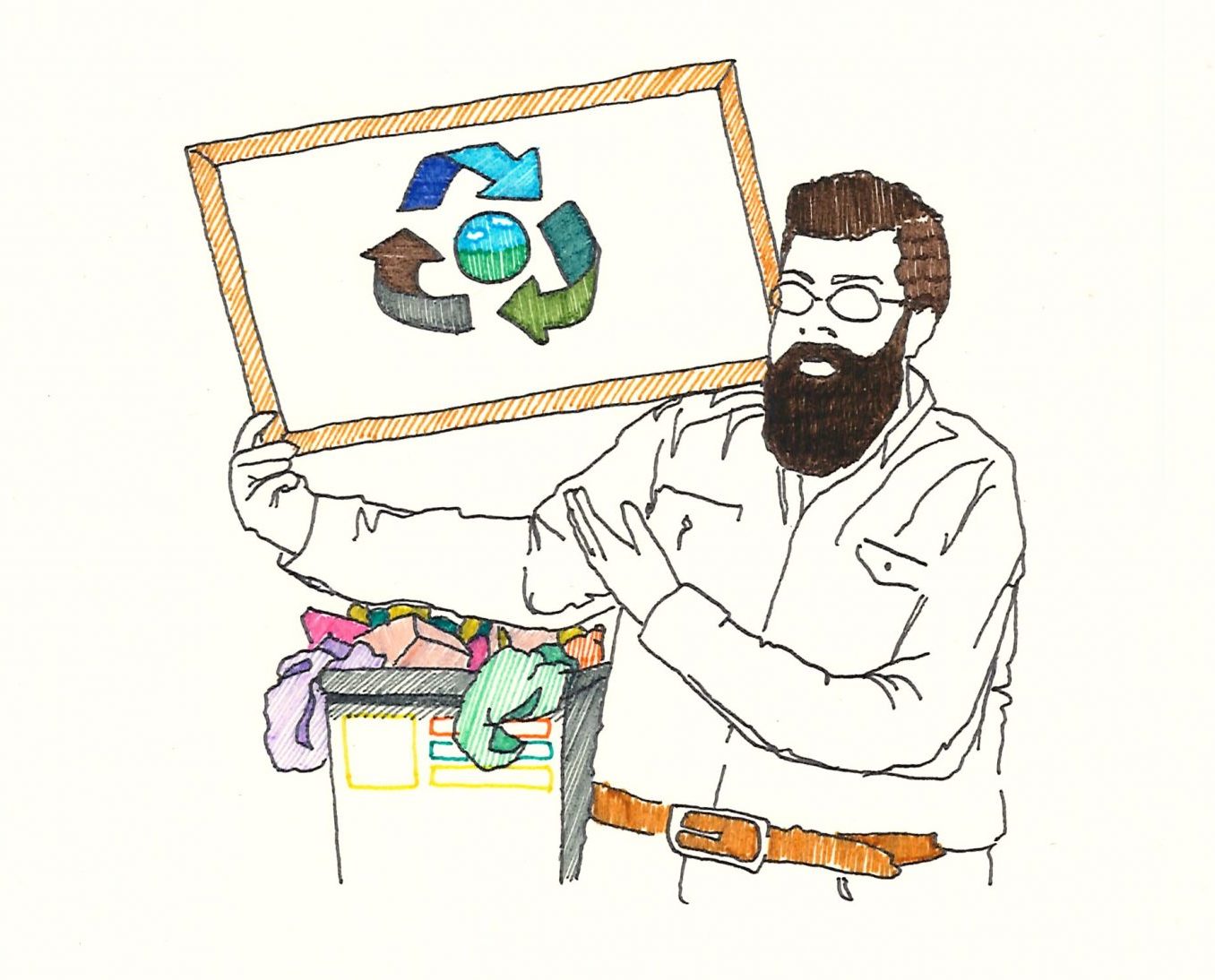Blahopřejeme
You belong to a group of teachers who want students to know the answers to more challenging geography questions (“Why?” questions).
You enjoy solving geographical problems that pupils have to deal with. In your classes, students often work as real geographers. You create opportunities to work with text and other information sources, students independently collect data and then analyze it and draw conclusions.
Your teaching often leads students to recognize and discover the interactions between people and the environment, or you deal with the causes and effects of geographical phenomena.
In addition to doing geographical research with your pupils, you are also interested in studying more general geographical topics, including in the teaching of regional geography. You and the pupils also spend more time studying selected places or regions in more detail, even at the cost of not having time to discuss other places or regions.
When information about a volcanic eruption appears in the media, you can immediately prepare a lesson about the processes that lead to the emergence of volcanic activity. In geography lessons, pupils deepen their knowledge of how volcanoes are formed and, above all, what are the consequences of volcanic activity for people’s lives and the surrounding environment . Using examples of specific places affected by volcanic activity, students demonstrate the relationships between the natural and social components of the landscape . In addition, students explain the pros and cons of living in places affected or threatened by volcanic activity. Pupils have the opportunity to think about it, why people live in the immediate vicinity of volcanoes, why, for example, there are fertile soils around volcanoes, how volcanoes can be used in terms of tourism and how people deal with the various consequences of volcanic activity on a local and global level.



